12 events that changed human history
(Baonghean.vn) - Humanity has witnessed thousands of important historical events that have had great significance for the development and progress of mankind. Among them, there are events that are considered important milestones that have changed the world.
1. Humans discovered fire 1.4 million years ago
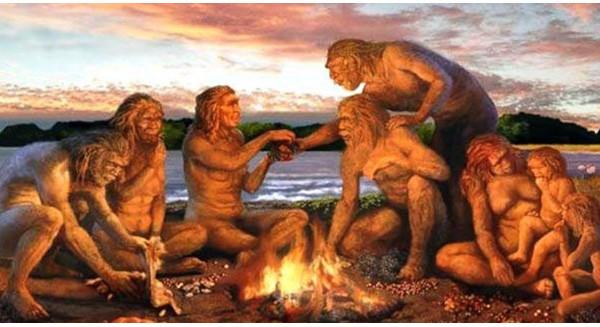 |
| The first invention that marked the evolution of modern humans was the creation of fire. While earlier species such as Homo erectus took advantage of natural fires, modern humans (Homo sapiens) began to create their own fire. Humans used fire for cooking, warmth, and lighting. Fire making was the starting point for all other human technologies, leading to the forging of metals to produce tools. Photo: Freedom Phoenix. |
2.The bow and arrow were invented 15,000 years BC.
 |
| Originally, bows and arrows were made from brittle materials. The oldest known bow and arrow, called Holmegaard, was found in Denmark around 9,000 BC. Humans developed bows and arrows to hunt animals. Bows and arrows probably came after primitive projectiles such as spears and boomerangs. However, bows and arrows were soon used for military purposes. By 5,400 BC, bows and arrows were the mainstay of warfare. Hilltop forts in Britain show evidence of coordinated archery attacks. |
3.The invention of the wheel 3,500 BC
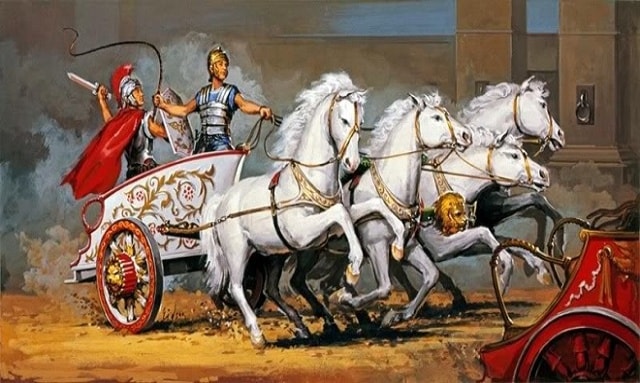 |
| The wheel was widely used by 3,500 BC, leading to a major change in transportation. In 2,000 BC, the Hittites, who lived in what is now Türkiye, became the first people to use chariots, which consisted of a chassis with wheels for horses to pull, allowing for quick and efficient warfare. |
4.The birth of the Iron Age 1,200 BC
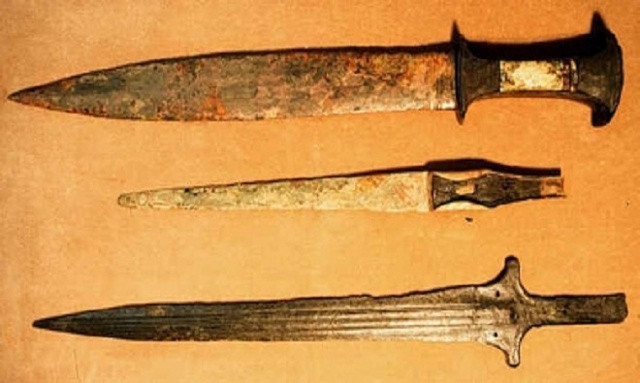 |
| Iron was first mass-produced by the Hittites in 1400 BC. Iron technology began to spread from Asia Minor to Europe, Africa, and the rest of Asia after 1200 BC. Iron tools allowed for more efficient farming. Iron weapons and armor also replaced earlier metals like bronze, allowing iron-rich nations to expand more easily than their neighbors. |
5.The birth of concrete (200 BC)
 |
| About 200 years ago BC, the ancient Romans began to build structures with concrete. Thanks to its load-bearing capacity, solid structure and waterproofness, concrete became the main material of all construction works from seaports, temples, palaces, houses, to bridges. With the help of concrete, fortresses became more solid, deterring enemies, more unique structures were also born, making Rome a powerful empire that few places could match. |
6.Industrial Revolution (1712)
 |
| The use of iron and steel combined with the discovery of new sources of energy fueled the industrial revolution that broke out in England in the 18th century. During this period, the steam engine created by Thomas Newcomen in 1712 allowed for increased productivity of labor, transportation and manufacturing, which improved logistics. |
7.The first telephone was invented (1876)
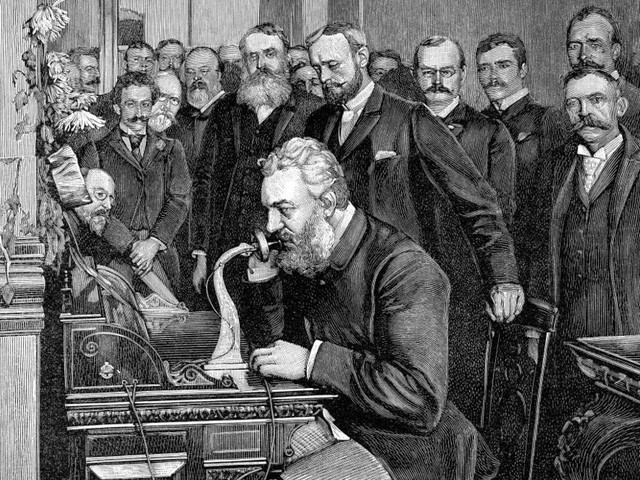 |
| On March 7, 1876, the United States Patent Office decided to award Alexander Graham Bell for his invention - one of the most valuable inventions in history. That was the telephone. After the first telephone was born and spread to many continents. The first international call was made in 1927, marking an important step in connecting and bringing people from all over the world closer together. |
8.The airplane was born (1903)
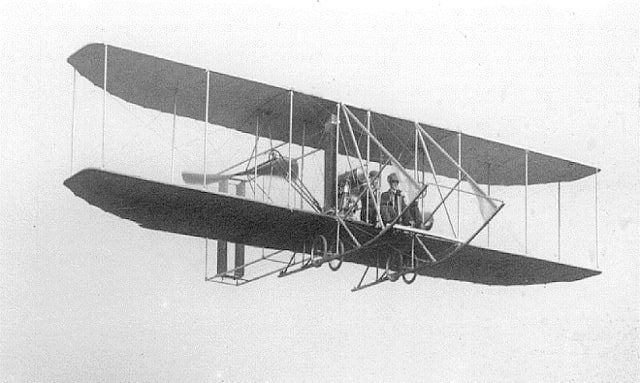 |
| Although the Wright brothers' plane only flew for 12 seconds, it was the first time in history that a heavier-than-air machine had ever been able to fly. The Wright brothers perfected their design, and the plane entered service for reconnaissance missions during World War I (1914-1918). According to National Geographic, the British and Italians designed the first bombers in 1913. |
9.Nuclear weapons (1941)
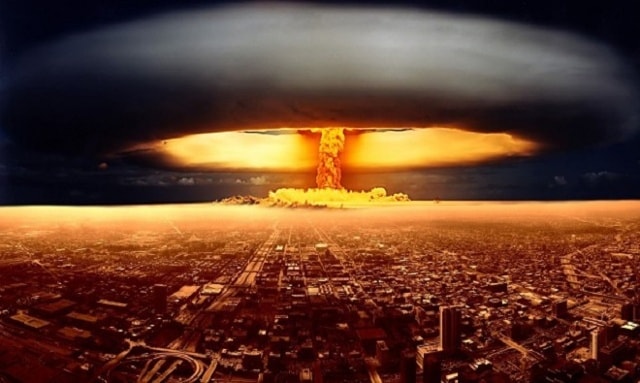 |
| One month before the outbreak of World War II, the brilliant German physicist Albert Einstein wrote a two-page letter announcing the United States' entry into the nuclear arms race against Nazi Germany. In the 1939 letter, Einstein said that the nuclear chain reaction from uranium could produce atomic bombs with unprecedented destructive power in history. However, because of its terrible destructive power, today, many countries join the nuclear non-proliferation treaty and strongly condemn the development of this type of weapon. |
10.Conquer the vast universe
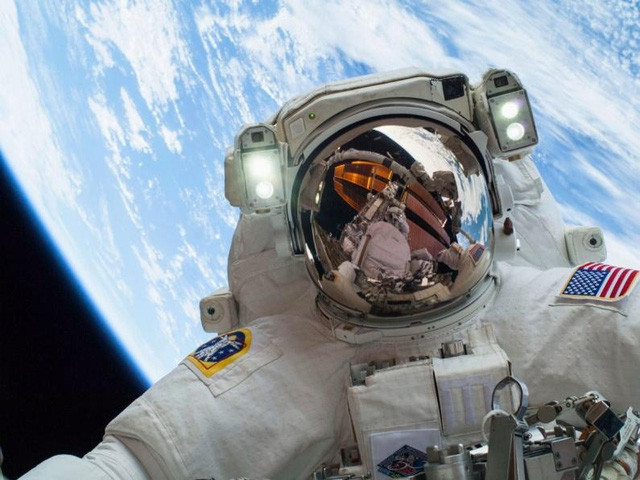 |
| In 1954, Russia first proposed the construction of an artificial satellite. Within three years, the first artificial satellite orbiting the Earth, Sputnik 1, was born. In 1958, German aeronautical engineer Wernher von Braun, in cooperation with the US military, successfully launched the Explorer 1 satellite. Three years later, Russian astronaut Yuri Gagarin had the honor of becoming the first person to fly into space. The leap forward made the US jealous and "swore" to be the first country to put a man on the moon - and that became a reality on July 20, 1969. |
11.Internet connection (since 1991)
 |
| Humanity entered an unprecedented era in the history of development when scientist Tim Berners-Lee invented the World Wide Web in the late 1960s. He developed “a software that could create links between all the related files on his computer, linking many computers together. From there, users could share data”. He made the software publicly accessible in 1991 and since then, at least 3 billion people around the world have used the Internet. |
12.Regenerative medicine
 |
| The first major step towards regenerative medicine, restoring damaged or lost organs, was in 1999, when doctors at Wake Forest University successfully created a bladder from stem cells for a young patient named Luke Marsell. Since then, researchers have continued to research and develop more and more complex and sophisticated techniques, not only applicable to organs such as the bladder, liver, and bones, but also to the brain - the most complex organ in the human body. |
Peace
(Synthetic)
| RELATED NEWS |
|---|


.jpg)
.jpeg)




